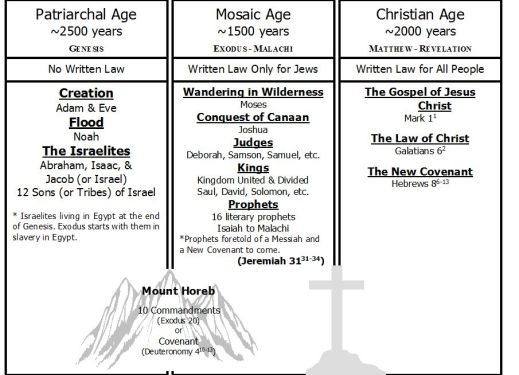IT’S THAT TIME of year again here in Borger Texas, Halloween. The time when many decorate their homes with ghosts, goblins and witches. Even Netflix is promoting a plethora of scary zombie movies. The conversations about ghosts and goblins increase as well. I’ve spoken to several folks who actually believe in a potential zombie apocalypse. A zombie is a corpse said to be revived by witchcraft, in other words, the walking dead.
Regardless of the pop culture surrounding zombies, I ain’t afraid of no zombies either. I’m not afraid by faith. When we say “by faith”, what we mean is that we have revelation from God on any given subject. “So then faith comes by hearing, and hearing by the word of God” [Romans 10:17; Deut 29:29]. God has told us a few things about the evil spiritual realm.
[This article revisits a theme I wrote about in June, “Is demon possession possible].
What does the Bible say about the evil spirit world?
God revealed through the scriptures some things about spirit beings, or angels. Angels are beings with a higher nature than man [Psalm 8:5; Heb 2:7, 9], but some of them sinned against God [2Peter 2:4; Jude 1:6]. This fallen group seem to be identified as the devil’s angels [Matt 25:41; Rev 12:7,9]. They are identified by other terms as well; “demons” [Luke 11:15], “evil spirits” (Acts 19:12-13], “unclean spirits” [Matthew 10:1], or Satan’s angels [Matt. 25:41; Rev. 12:7, 9].
Though very little is said about the demonic & demon possession in the OT, in the NT it appears to have increased. Jesus, along with his disciples, frequently encountered the demonic and were able to cast them out of possessed peoples [Matt 1:21-27; Mark 9:14-29]. Jesus said, “I saw Satan fall like lightning from heaven” [Luke 10:18-20]. The context shows that He was speaking about the disciples’ power over evil spirits and the weakening of Satan’s power, including his influence.
This ability matches the prophecy from Zechariah; “I will also cause the prophets and the unclean spirit to depart from the land” [Zech 13:2]. Peter & Jude refer to evil spirits being in chains and bound [2Peter 2:1-4; Jude 1:6]. Revelation describes Satan being “bound” during the time in which Christ reigns over His kingdom—which is the church [Rev. 20:2]. This evidence points to the conclusion that demonic activity does not happen today, because the evil spirit realm has been “bound” awaiting the final judgement.
Then there’s the living dead…
Most of what we declare about ghosts is from the imaginations of the minds eye of fiction and not by faith (by revelation from God). Even in the Bible, we see the disciples “imagining” that they saw a ghost when they were actually seeing Jesus walk upon the water [Matt 14:26]. But it was their fear of the unknown that created the thought of a ghost, for they had never witnessed anyone ever walking upon the water. It’s important to note that the spirits of the dead are not the same as angels or demons. It is only after the resurrection of the righteous dead that they become “equal to the angels” [Luke 20:36]. Just because the disciples “supposed it was a ghost” is no evidence that ghosts exist [Mark 6:49].
Where do our spirits go when we die?
According to the word of God, all of the dead go to a place of the dead called in New Testament Greek, “Hades”, (translated either; hell, Hades, or grave) the place of departed souls [Luke 16:19-30; Acts 2:27]. All of the sinful angels are bound in a part of Hades called “Tartarus” [2Peter 2:4]. We conclude from these passages that the spirits of the dead & bound are not allowed to roam the Earth nor haunt us. In Jesus’ parable of the rich man and Lazarus, [Luke 16:19-30], the rich man begged that Lazarus be sent back to warn his brothers, but this request was denied.
There are only 2 instances in the New Testament where departed spirits, other than Jesus Himself, were allowed to return. The first was the return of Moses & Elijah in Matt 17:3. This was to show that the Law of Moses & the prophets are fulfilled in Christ Jesus, for God spoke and said, “This is my beloved Son, in whom I am well pleased; hear ye him.” The second, when the graves of the saints were opened after the resurrection of Jesus in Matt 27:52-54. In both instances they were for a very specific purpose, to testify to the validity of Jesus’ claims, and have since ceased. We can have confidence in the scriptures that we need not be afraid nor be deceived about any evil spirit, zombie or ghost [Eph 5:6, Col 2:4,8,18; 3:6; 2Th 2:3], sound theology has a way of doing that!

